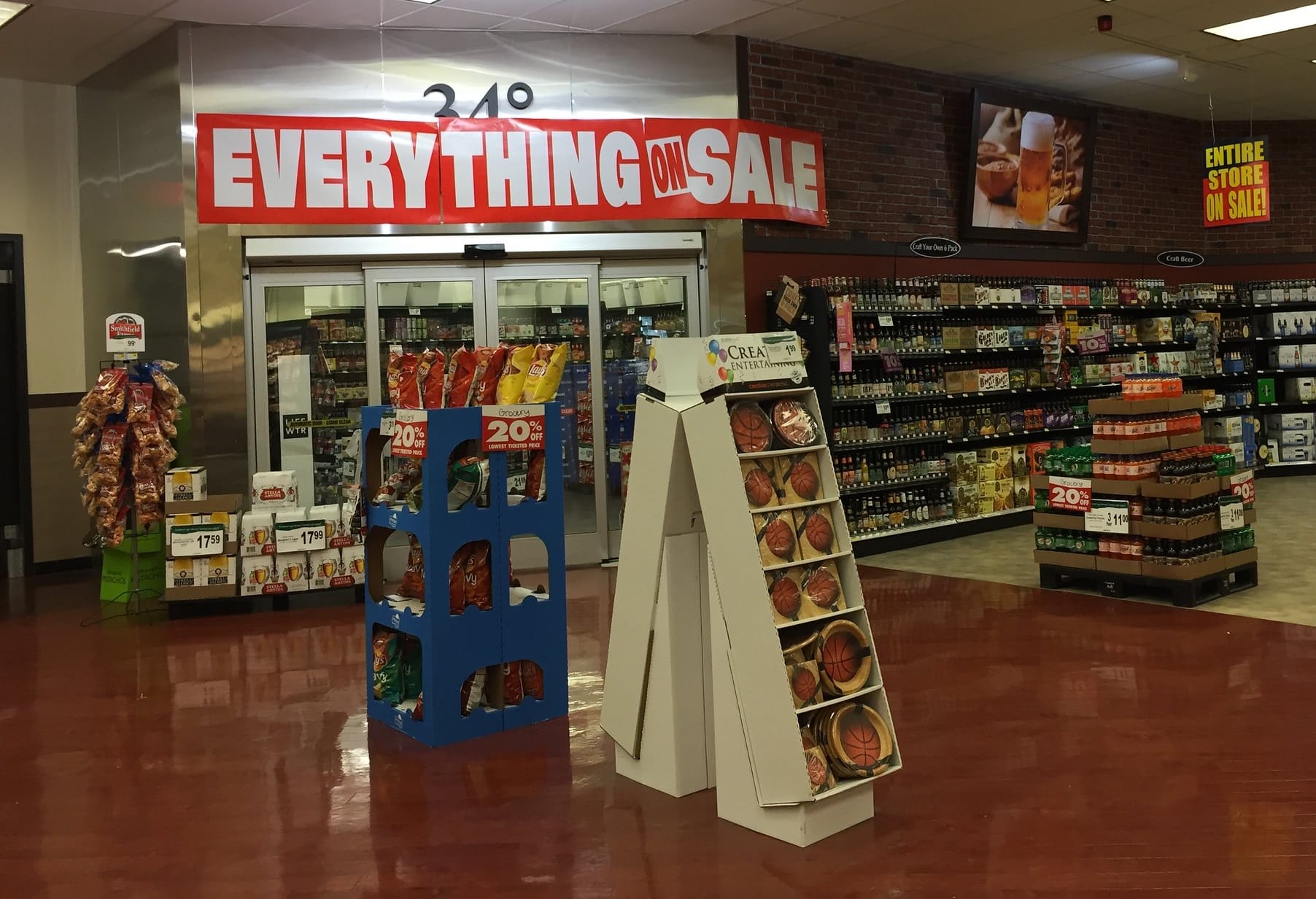
It’s historically been true that when prices rise and shoppers’ grocery budgets tighten, retailers and manufacturers have responded with more coupons and promotions to get people shopping again.
That may not be true this time.
More and more retailers are betting that they’ve trained us not to expect so many deals, so there’s no sense backsliding now. Instead, specific, personalized, limited offers are seen as preferable to across-the-board price cuts and coupons. The question is whether, in this inflationary environment, that’s actually going to work.
“Even as promotions come back in our sector, my belief is that the promotions will come back in an extremely granular, surgical way rather than what was the old approach of promoting: putting a lot of ads on the front page and driving it out for everybody,” Albertsons CEO Vivek Sankaran told investors on a recent conference call. “That’s how I’d imagine it coming back, which will be good because I think it takes care of the customers that we need to take care of.”
Kroger recently spelled out a similar strategy. “We’ve been very effective in using our personalization and promotional activities to really sort of target the offers to the customer to make sure that they’re seeing the value, but that we’re also then able to manage those cost increases effectively in the business,” Kroger’s Chief Financial Officer Gary Millerchip told investors recently.
And Target is also citing its “strategic shift from mass promotional offers to personalized.” While the weekly ad still serves a purpose in attracting shoppers, the Target Circle loyalty program is where the emphasis is. In “a short time, someone who only shopped occasionally is now on the path to super fandom,” Target Executive Vice President, Chief Marketing and Digital Officer Cara Sylvester told her company’s investors. “It’s already delivering big for our business, resulting in nearly $200 million in incremental sales in 2021… and we’re just getting started.”
While many shoppers might wish for big doorbuster sales and lots of coupons, a recent Nielsen report on how retailers can counter inflation’s impact endorsed these retailers’ more focused strategies. “Retailer and brand loyalty cannot be taken for granted during inflationary times,” the report reads. “To ensure that frequent shoppers don’t feel they are facing continued price increases, retailers should consider offering promotions on the products that matter most to them… offering attractive deals to their most loyal shoppers.”
Other retailers – not just grocers – are taking that advice as well.
“We do expect the promotional environment to heat up,” Macy’s CEO Jeff Gennette said recently. But with “70% of our business being tied to our loyalty program,” that “gives us a lot of flexibility to move away from broad-based promotion and really personalizing our message all the way through the customer journey.”
JCPenney has “made a strategic shift to move away from using blanket discounts… which came with a high cost and was unsustainable,” the company explained in a recent statement. Now, “we’re not necessarily throwing out coupons but being more targeted with our approach.”
It’s even happening at Kohl’s, one of the most promotional stores around. “We use a lot of couponing,” Chief Financial Officer Jill Timm acknowledged. But “you and I may not get the same coupons,” as Kohl’s approaches “couponing in a more targeted manner versus making it just general scale for everyone. Clearly, we’ll still have those general public offers, but really trying to drive more targeted behavior through personalized offers is how you’re going to see us move forward.”
Ensuring that retailers’ best customers get the best, most relevant deals may prove to be a profitable strategy. But ignoring other cost-conscious shoppers who aren’t quite superfans could backfire if retailers aren’t careful. “When consumers perceive that they are spending more for the same baskets each week, they may be more motivated to shop around in search of more favorable pricing,” Nielsen warns. Retaining loyal customers but failing to attract others, could drive away those who might have become loyal themselves, if only the prices were right.
So coupons and deals may not bounce back the way they have during previous times of economic troubles. But promotions still serve an important purpose – and retailers and manufacturers who don’t do it right, may themselves end up paying the price.
Image source: Virginia Retail










